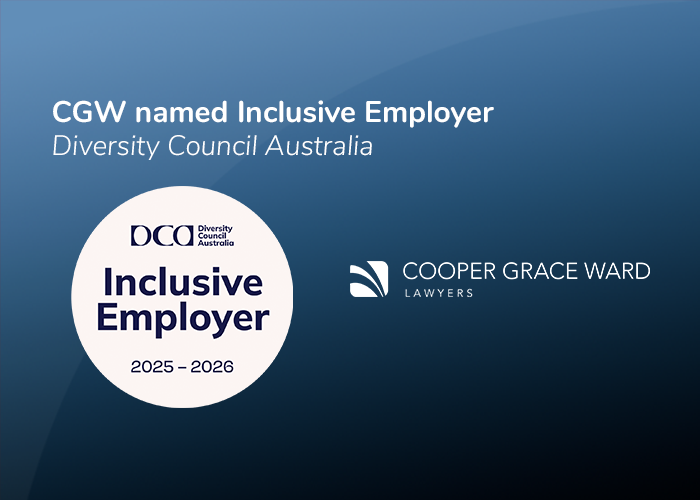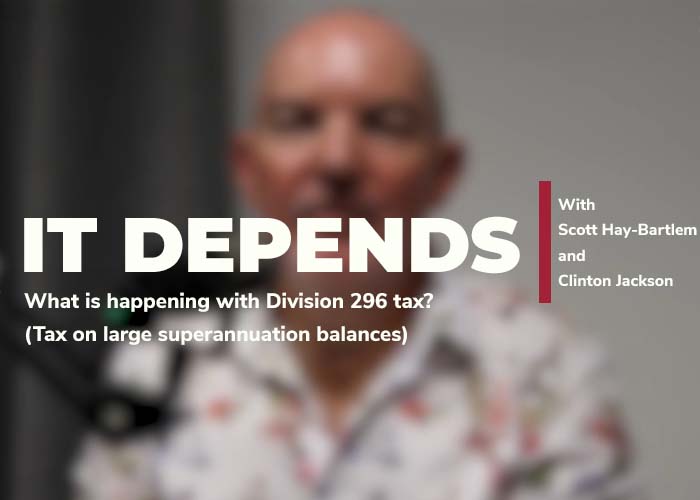Section 561 of the Corporations Act 2001 (Cth) provides that accrued employee entitlements must be paid in priority to the holder of a circulating security interest in a winding up.
Until recently, it was unresolved whether the property subject to a circulating security interest should be determined as at the date the liquidation began, on a continuous basis, or at some other unidentified date.
Before the commencement of the Personal Property Securities Act 2009 (Cth), section 561 provided that a floating charge became fixed on the commencement of an external administration. On the introduction of the circulating security interest under the PPSA, no equivalent provision was included in the amendments to section 561.
The decision in RCR Tomlinson Limited
In this case, the liquidators sought directions that:
- property subject to a circulating security interest is to be determined at a single date
- the single date is the date on which the winding up is taken to have begun.
Assets of the company that were the subject of a non-circulating security interest had been realised by the liquidators and the proceeds held as cash at bank. It was arguable that the cash at bank could be subject to a circulating security interest.
On 15 June 2020, the Supreme Court of New South Wales held that:
- in interpreting section 561, it should follow the approach adopted in respect to section 433 of the Corporations Act (the equivalent provision with respect to the appointment of receivers and controllers)
- property subject to a circulating security interest should accordingly be determined at a single date
- the single date is the date on which the winding up is taken to have begun.
The Court also noted that the practical result in adopting a different construction would provide a strong incentive for secured creditors to try to remove assets from the control of an administrator or liquidator on their appointment. That in turn may frustrate an administrator or liquidator’s ability to maintain businesses as a going concern to maximise employees’ prospects of continuing employment, and to realise any business for the benefit of creditors.
Comments
Given that the Commonwealth often stands in the place of employees through the Fair Entitlements Guarantee scheme, it intervened in the proceedings as an interested party.
The decision provides clarity for liquidators dealing with competing claims from employees (or the Commonwealth) and secured creditors.
Of course, determining whether an asset is a circulating asset may still be contentious.






